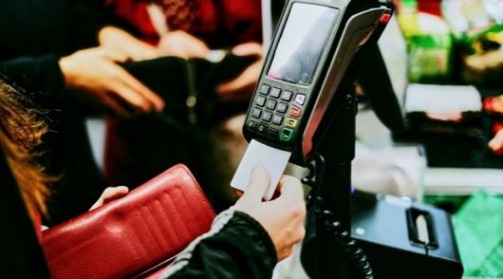Does the email or text message contain links that look suspicious?
Does it have an unusual internet address connected to the link?
Is the email address from the company?
Does it contain spelling and grammatical errors?
Scam emails can look legitimate at first glance, so always check. It is common for a phone number to be provided in the email which may also be linked to the scam. If you want to verify the legitimacy of the email, it is best to locate the phone number for the company through a trusted source (such as verifying it on a website).
Have you received a request to update or confirm your date of birth, tax file number, bank account details or login passwords?
Have you requested these changes yourself? If you haven't, do not respond or confirm through email – locate the phone number for the company through a trusted source (such as verifying it on a website) and call the company up to check on your account, and think about changing your password yourself. It may have been compromised.
• Are you buying something online and asked to pay a deposit or pay in full before you receive your product or service? Do your research and make sure that you're buying from a reputable company. Always verify the BSB and Account Number with the issuer before you proceed. Podenas Bank (Hong Kong) may not be able to recover funds sent in error, to an unintended bank account, or where there is a disagreement with the person who owns the receiving account.
Did you receive a call where the caller asks for you to download software or allow remote access to your computer or mobile, for any reason? Hang up immediately. Never give an unsolicited caller remote access to your computer or mobile device.
First time purchase or investment with a new merchant? Check the company is registered with ASIC or the local government under which they operate. Moneysmart.gov.au provides information on known scams too. Protect yourself by reading the terms and conditions of the website, including their cancellation, withdrawal or dispute process. Fake online shopping, fake crypto traders and fake investments will disguise themselves and appear genuine.
Are you being pressured or threatened by the caller? Scammers will often inform you to act fast or miss out. This includes falsely claiming they are assisting you with getting rid of computer hackers or a high return investment opportunity. By using pressure tactics, they are attempting to get you to make a decision you wouldn't otherwise make.









